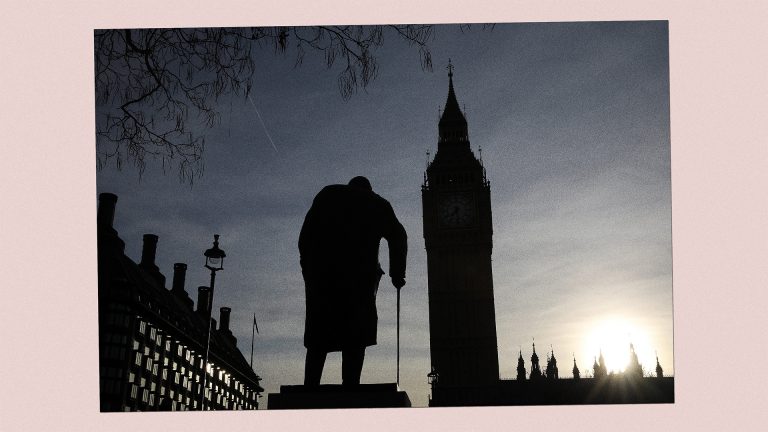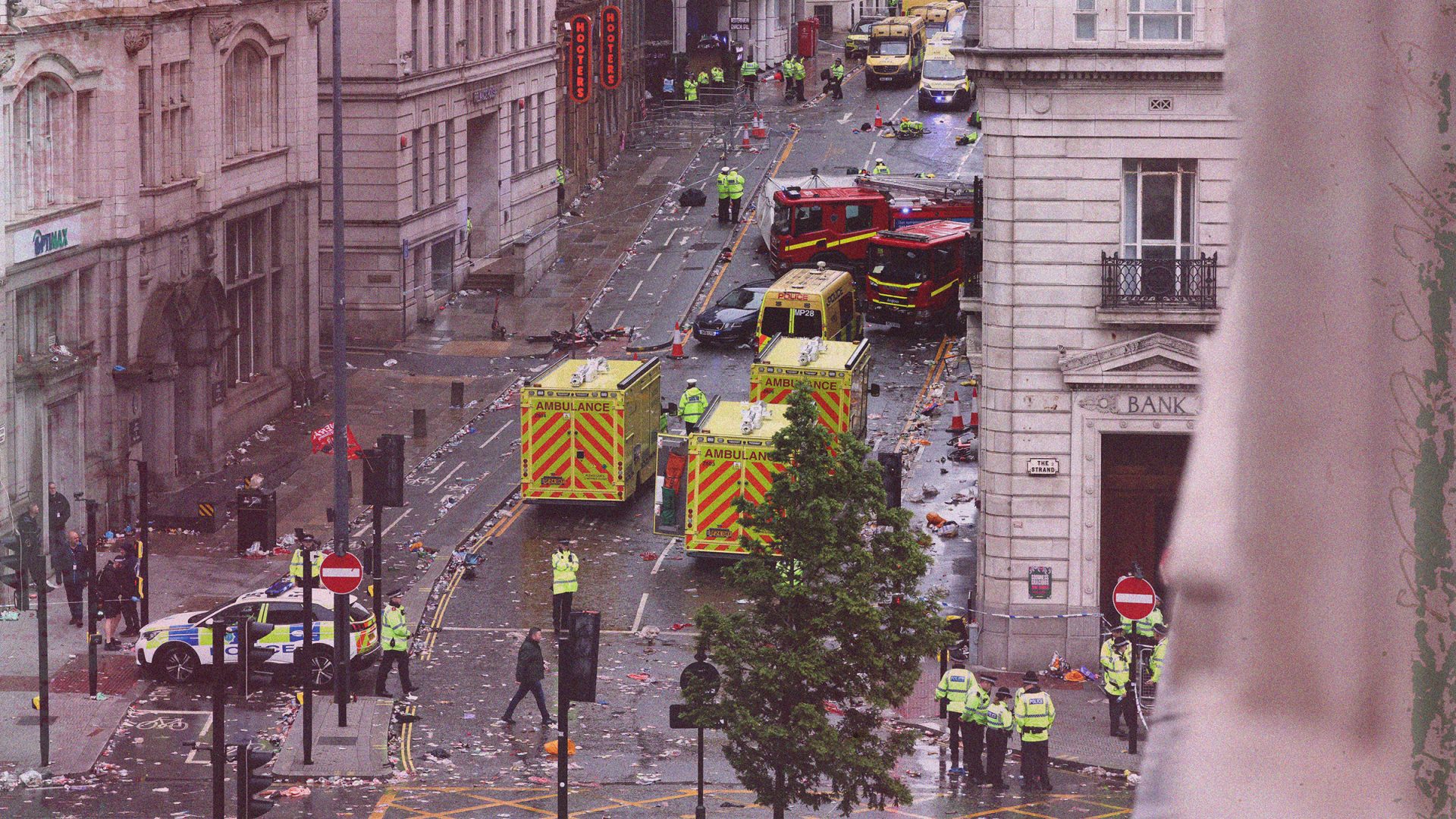“All the people complaining that the police have said the Liverpool attacker was white British are the same people who made it necessary for the police to say he was white British,” so tweeted “Parody Keir Starmer” on X last night, after social media’s reaction to the awful incident in which dozens were injured but — so far at least — miraculously nobody was killed.
The point was well made. X has been a hotbed of revisionism and rescrambled hot takes the moment what had been clear to so many — that this was an act of Islamist terrorism — was almost certainly not.
Joey Barton, for instance, was quick to edit out the sentences “Everyone knows what’s going on. When will it stop?” from his tweet expressing condolences to the victims, as soon as he became aware the suspect was white.
You can argue the police’s actions in quickly issuing the clarifying description of the suspect’s skin tone prevented another case of anti-Islam vengeance being wreaked on innocents, as happened in the aftermath of the Southport murders of little girls. Sadly, that argument would almost certainly be correct.
But, all the same, it sets a terrible precedent. The fact the driver of that car was white is of zero relevance to understanding what happened and why. What if the driver had been a brown person? What if the next suspect in a public incident of this scale is a brown person? How do the police deal with that one?
Suggested Reading

Apparently I hate Winston Churchill
The rush to judgement is the story of human nature, but the way that judgement is forced upon us within social media feeds, together with the ready incitement of how to respond to it, is the story of our times.
An overload of immediate information, readily packaged and contextualised on social media by those with an agenda — sometimes blatantly, sometimes with a nudge and a wink — for consumption by an audience all too easily triggered in their state of shock and anger; this is how mosques end up being firebombed.
So little of the available evidence in this story makes any sense, and speculation without any real insight into the suspect’s motives is both pointless and potentially illegal, in as much as it risks contempt of court.
But it is safe to wonder aloud what this single descriptor — white British — felt so necessary to reveal in order to stop a greater harm, says about us.
I write this all as someone who is white British. How gratifying to know that that’s enough to put me in the clear for an act of terrorism in this country.
Worrying, though — depressingly so — for anyone who happens to be non-white British. It is such an obvious point to make, but it needs making: the only society in which releasing that description makes any sense whatsoever, is a racist society.
As a friend said to me this morning, in a comment fully loaded with irony: interesting how nobody rushed off to throw bricks at churches when they found out he was white.
Matt Kelly is editor-in-chief of the New European and co-host of the Two Matts podcast










